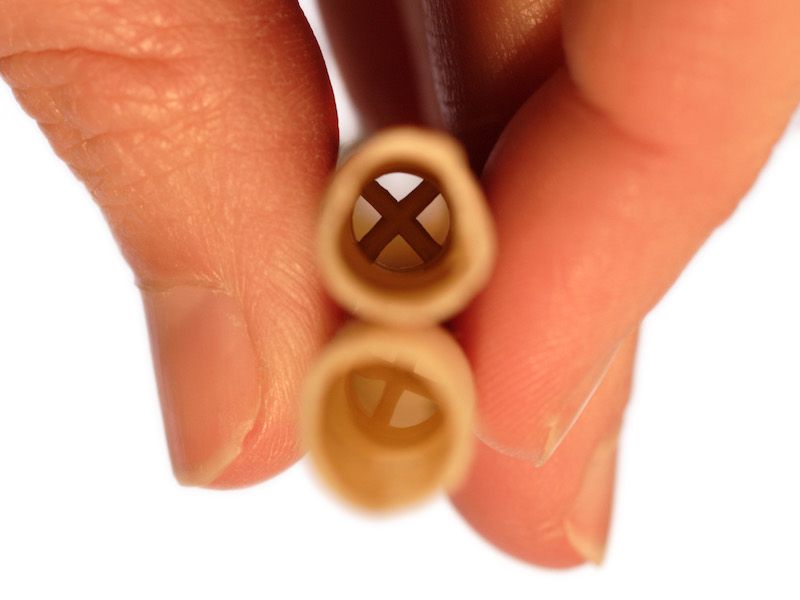
There’s a persistent idea in some groups that a practice known as “ear candling” is a good way to decrease your earwax. Does ear candling work and what is it?
Do Earwax Candles Work?
Spoiler alert: No. They definitely don’t work.
Why then do otherwise rational people persistently accept in this pseudo-science. That’s a tough question to answer. But although the logical decision is pretty clear, learning more about the dangers of earwax candling will help us make an informed choice.
What is Earwax Candling?
So here’s the basic setup: Maybe you’re not certain how to remove all your accumulated earwax. You’ve read that it’s dangerous to use cotton swabs to clear your earwax out. So, after doing some research, you discover a method called earwax candling.
Here’s how earwax candling supposedly works: By inserting a candle into your ear (wick side out), you create a pressure differential. The wax in your ear, then, is pulled outward, towards the freedom of the open world. Any wax that may be backed up in your ear can, theoretically, be pulled out by this amount of pressure. But this harmful practice is not a smart way to clean your ears.
Why Doesn’t Ear Candling Work?
There are several problems with this process, like the fact that the physics just don’t work. You would need a significant amount of pressure to move earwax around and a candle is not capable of generating that amount of pressure. Second, generating that kind of pressure differential would call for some sort of seal, which doesn’t happen during candling.
Now, there are supposed to be special candles used in this “treatment”. When you’re finished with your fifteen minutes of ear candling, you can break apart the candle and, in the hollow, see all bacteria, debris, and wax that had previously been in your ear. But the issue is you can find this same material in new unburned candles too. So the entire procedure amounts to fraud.
Scientific research has been unable to prove any benefit involving earwax candling.
So we Know Ear Candling Doesn’t Work But Dangerous is it?
So, you may as well give it a shot, right? Well, whenever you get hot candle wax around your ears, you’re asking for trouble. You might be ok if you try earwax candling. People do it all of the time. But that doesn’t imply there aren’t risks involved, and it definitely doesn’t imply that ear candling is safe.
Here are a few negative effects of ear candling:
- You might cause serious injury when you play around with an open flame and possibly even put your life in danger. You wouldn’t want to burn down your house, would you? Clearing away a bit of earwax isn’t worth that amount of risk and danger.
- Extreme burns to your inner ear. When melted candle wax gets inside your ear, it can cause severe hearing problems and burns. This could permanently jeopardize your hearing in the most extreme cases.
- Candle wax can also block your ear canal once it cools. This can cause you to temporarily lose your hearing or, in the most serious cases, require surgery.
You Can Keep Your Ears Clean Without Needing a Candle
In the majority of circumstances you will never even need to worry about cleaning earwax out. That’s because your ears are actually pretty good at cleaning themselves! Nevertheless, there are a few people who will have unusually heavy earwax production or accumulation to deal with.
If you do need to clean out your ears due to excessive wax, there are scientifically-proven (and effective) means to do that properly. You could try a fluid wash, for example. Another solution would be to consult a hearing care specialist for an earwax cleaning.
Cotton swabs are definitely not the way to go. And you should also avoid using an open flame to clear out earwax. Earwax candling is a procedure that has no benefit and will put your ears, and your whole person, at considerable risk of injury and damage. Try burning candles for their sent or for enjoyment but never as a method to clean your ears.

